
A drab urban park during a torrential downpour. Light from an odd-looking globular lamppost splutters on and off. The camera pans down to the entrance to a huge, concrete drainage system, where a scruffy-looking, bearded guy in his late-20s skulks in an army surplus overcoat.
Turning directly to the camera, he addresses the audience:
“My name is Simon.
I live in a storm-drain.
When it rains, most people stay in.
But I go out.
Some people call me a warlock.
But I really am one of the few, true magicians.”
Thus begins a film I’ve wanted to watch ever since I saw the poster reproduced in an edition of Michael J. Weldon’s indispensable Psychotronic Encyclopaedia of Film. Weldon’s capsule review may have been lukewarm (“Ads claimed ‘he curses the Establishment’. The psychedelic trip plot confuses the audience.”), but from the name alone I knew that, good or bad, this was likely to be my kinda movie.
What I was expecting, I suppose, was some typically OTT late ‘60s exploitation fare, perhaps mixing up elements of black magic, post-Manson hippie cults, Mondo-Hollywood sleaze, counter-culture kitsch, biker movies and so on. Something totally stupid but thoroughly enjoyable, in the same ballpark as, say, ‘I Drink Your Blood’, ‘Riot on Sunset Strip’, ‘Werewolves on Wheels’ or ‘Blood-Orgy of the She-Devils’.
Isn’t it a great feeling when a film fails to meet your expectations, but at the same time totally surpasses them?
Because the one thing I wasn’t expecting from ‘Simon, King of the Witches’ was the possibility that it would actually be a really good movie, and a decidedly unusual and imaginative one at that.
Managing to avoid being nailed down to any of the aforementioned exploitation sub-genres whilst still having some fun with their attendant imagery, what we have here is in fact a well-executed oddball black comedy, and perhaps the only film ever made in Hollywood to consider the day to day life of a magician in a sympathetic, non-horror movie fashion.

As his opening monologue suggests, Simon (Andrew Prine) is indeed a down-at-heel warlock, plying his trade from a Los Angeles storm drain. He’ll do charms, sigils and tarot readings for cash, but is chiefly concerned with his own magical destiny – to ascend to the realms of the higher powers and unlock their mysteries.
Such ambitions don’t count for much though to the LAPD, who pick Simon up on one of his nocturnal wanderings and, unimpressed by the various occult paraphernalia he has about his person, throw him in the cells to do a stretch on a vagrancy charge.
Whilst inside, Simon meets Turk (George Paulson), a teenage street hustler who subsequently becomes his sidekick and wouldbe acolyte. Turk introduces Simon to the circle surrounding Hercules (Gerald York), a decadent aristocrat who seems to enjoy hosting endless parties for other jaded hippie socialites. Hercules bears an unhappy resemblance to a young Michael Winner, and is basically a bit like the immortal Z-man Barzell from ‘Beyond the Valley of the Dolls’, only without…. well, y’know…. without all that Z-man stuff.
It’s at one of Hercules’ dos that Simon meets Linda (Brenda Scott), a quietly enchanting young lady, and their mutual attraction is immediately obvious. Only, wouldn’t you know it? She’s the D.A.’s daughter.
By this stage, Simon has managed to hussle some cash for mystical services rendered to Hercules’ crew, and, perhaps realising that his storm drain isn’t the most girl-friendly pad, he decides to upgrade to a basement (“I ain’t prejudiced - I hope you’ll be very happy here Rabbi”, says the landlord when Simon scrawls a chalk pentagram on the door before moving in).
 The basic set-up thus established, Simon and Turk proceed to get caught up in a vaguely episodic succession of fast-moving scrapes and shenanigans, as Simon instigates a magical battle by putting a curse on a guy who wrote him a bum cheque, as the pair memorably tangle with a coven of witches led by artist and former Warhol superstar Ultra Violet, and as Simon seeks to perfect the sex magick rite needed to charge the ‘effluvial compressor’ that will give him access to the realm of the gods – a process that Linda doesn’t seem terribly impressed with, needless to say.
The basic set-up thus established, Simon and Turk proceed to get caught up in a vaguely episodic succession of fast-moving scrapes and shenanigans, as Simon instigates a magical battle by putting a curse on a guy who wrote him a bum cheque, as the pair memorably tangle with a coven of witches led by artist and former Warhol superstar Ultra Violet, and as Simon seeks to perfect the sex magick rite needed to charge the ‘effluvial compressor’ that will give him access to the realm of the gods – a process that Linda doesn’t seem terribly impressed with, needless to say.Such antics inevitably attract unwelcome attention from the police and the D.A’s office, and the film’s final act is instigated when they try to frame Simon for possession of narcotics, causing him to miss the window during which he might literally ‘enter the mirror’ and ascend to the higher realm. Enraged, Simon vows vengeance against the earthly powers that be. And so, yes, I suppose he does actually “curse The Establishment”, with cataclysmic results.
Predictably enough perhaps, ‘Simon..’ was a big fat flop at the box office and, prior to the current Dark Sky Region 1 DVD release, hasn’t subsequently benefited from much of a cult revival. Marketed as a horror movie that it blatantly isn’t, the film failed to reach it’s target audience of college kids and hippies, and, blessed with enough violence and nudity to ensure an R-rating but not enough to satisfy a grindhouse crowd, it presumably proceeded to baffle exploitation audiences with it’s esoteric, anti-establishment humour and a morally ambiguous hero whose motivation centres around a vaguely-defined quest to access higher spiritual realms.
According to the cast & crew reminiscences in the DVD extras, first-time screenwriter Robert Philpenny actually WAS a self-professed warlock who led some kind of magical group in Hollywood, and based the screenplay partially on his own experiences. As such, it’s admirable that he managed to bypass the high-strung pretensions of many magical types and wrote the film as a comedy, happily taking the piss out of himself and his practices, whilst still managing to capture a sense of the skewed perspectives and odd solipsism of such a lifestyle that seems far more authentic than any of cinema’s usual plethora of Satanists, loons and witchdoctors.
That said, building up a ‘master of the dark arts’ as a sympathetic protagonist for a movie could have proved a difficult task, and in this respect it is Andrew Prine who totally carries the film, giving a startlingly good performance as Simon. Never quite pinning the character down to one easily identifiable trope, he instead moves seamlessly between portraying a lovable, wise-cracking loser and a powerful and charismatic seeker after truth, without any notable disjuncture. There’s little in the script to endear Simon to an audience, what with his eccentric, lonesome ways, his manipulative control over others and his almost total lack of concern with the material world, but somehow Prine manages to convince us that he’s a real decent guy - easy-going, well-meaning and fun to be around. He provides a hugely engaging screen presence, making the best of a potentially challenging role, putting on a real goofy charm whenever Simon is called upon to pause whatever he’s doing to shake his fist at the sky and curse the gods, or to deliver absurd, straight to camera declarations of intent. It’s surprising given his obvious strengths here that Prine didn’t see more action as a leading man in his career - sadly Grizzly (1976) is about as good as it got for him subsequently.

The film’s plotting is episodic and a bit scattered, but that’s fine by me, and it more than makes up for it with a wealth of zany set-pieces and some genuinely witty dialogue. Having watched so many films recently where script and characterisation have been a mere formality, it’s a joy to watch a movie that actually succeeds in being intentionally funny.
Much of the humour is actually pretty risqué for 1971 too, with skits involving orgone theory, magical masturbation and a bad case of priapism. Many films in the late ‘60s purported to be “a comedy for the permissive generation” and the like, but ‘Simon..’ is one of the only ones I’ve seen that actually takes such boasts at face value, introducing subject matter that goes well beyond the comfort zone of the reassuringly old fashioned sexist chucklefests that most of the studios turned out in the guise of ‘liberated comedies’.
Most surprising of all is the sequence in which Simon decides that his sex rites with Linda have failed because using someone he actually had feelings for has distracted him from the main goal, and thus sets out to recruit a predatory homosexual who was hassling Turk at a party in her place. The characterisation of the gay guy is as offensively stereotypical as you might fear (an of-it’s-time flaw that also afflicts one of my favourite films of all time, Richard Sarafian’s ‘Vanishing Point’), but nonetheless, try and name me another Hollywood-produced film from ANY era in which the hero’s moment of triumph comes when he screws a guy up the ass in order to charge a magical artefact!
A final nail in the coffin of ‘Simon..’s prospects as a commercial release is provided by the film’s pro-drug, anti-cop stance and it’s gratuitous use of trippy visual effects, just at the moment when such concerns were starting to fall out of favour in mainstream culture as the grimmer realities of the ‘70s took hold. Magical attacks are represented as queasy balls of fluorescent light that pulse in the middle of the screen like processing faults, not dissimilar to The Prisoner’s ‘rovers’, and the film’s extravagant, Simon-enters-the-mirror finale is rendered by the same team responsible for the trip sequence in Kubrick’s ‘2001’, mixing similar op-art effects with wicked use of time-lapse photography, multiple exposure and every other trick in the book, all of which is a strange and pretty awesome way of visually representing the vague, metaphysical goings-on.
All things considered, it’s easy to see why star, director and scriptwriter all effectively “never worked in this town again” after they cheerily submitted this little number to the distributors. But, in the here and now, ‘Simon..’ is tremendously enjoyable - yet another misunderstood gem languishing in night-haunted obscurity that dearly deserves to be reevaluated as the rebellious, funny and deeply bizarre work it is. Fans of strange cinema are unlikely to be disappointed.



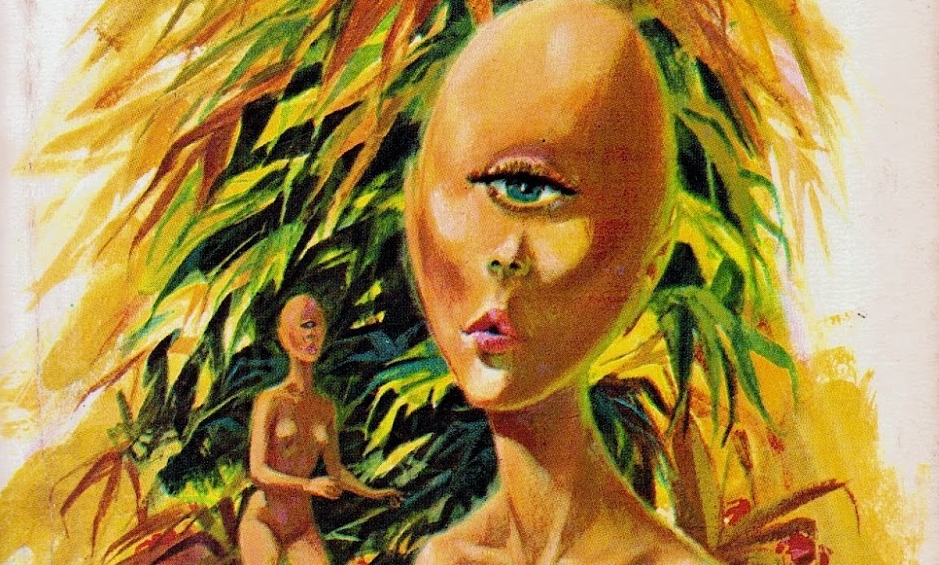
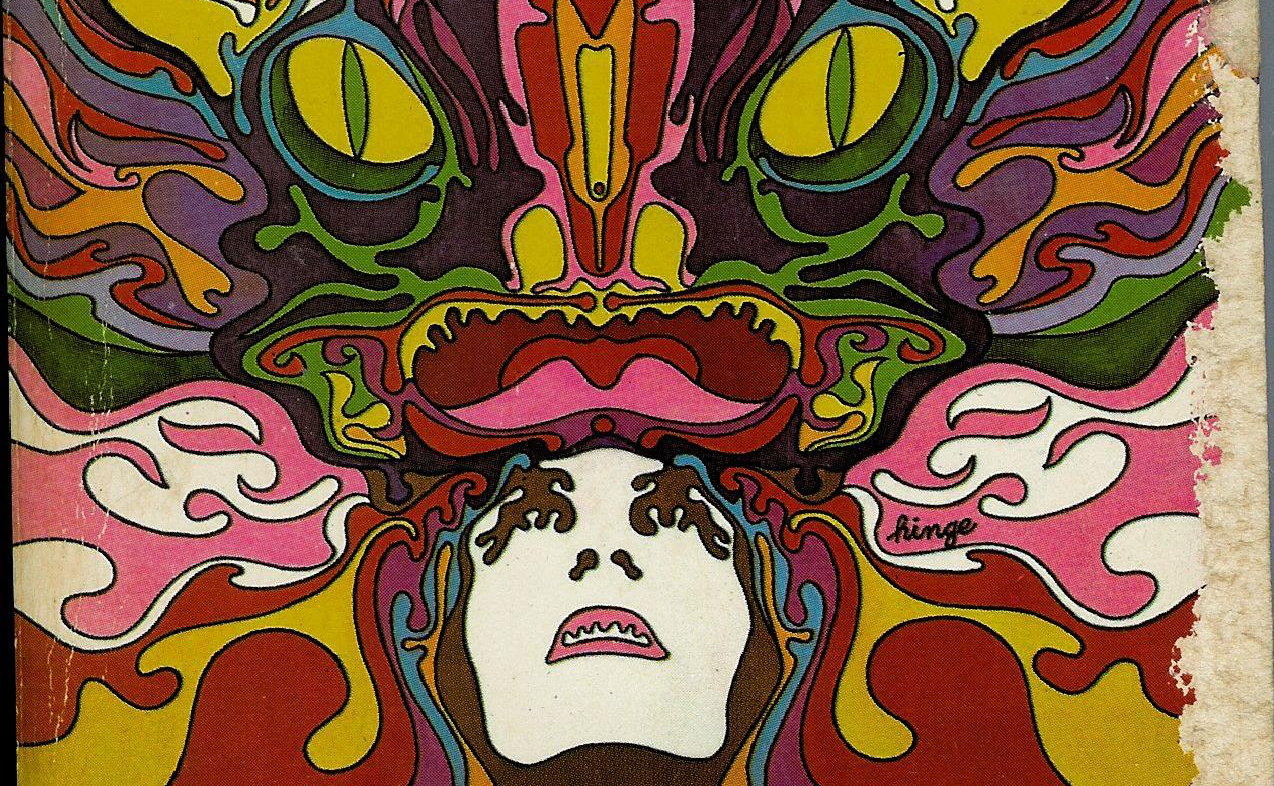

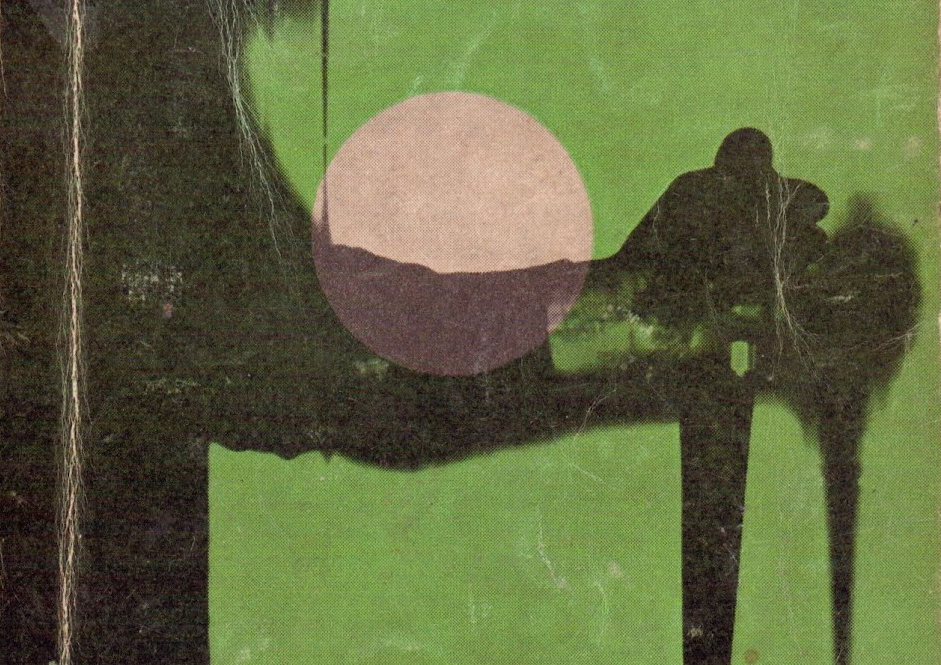
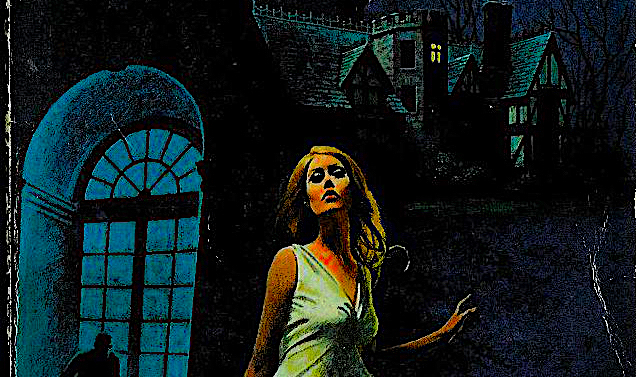
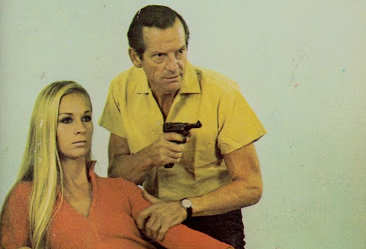
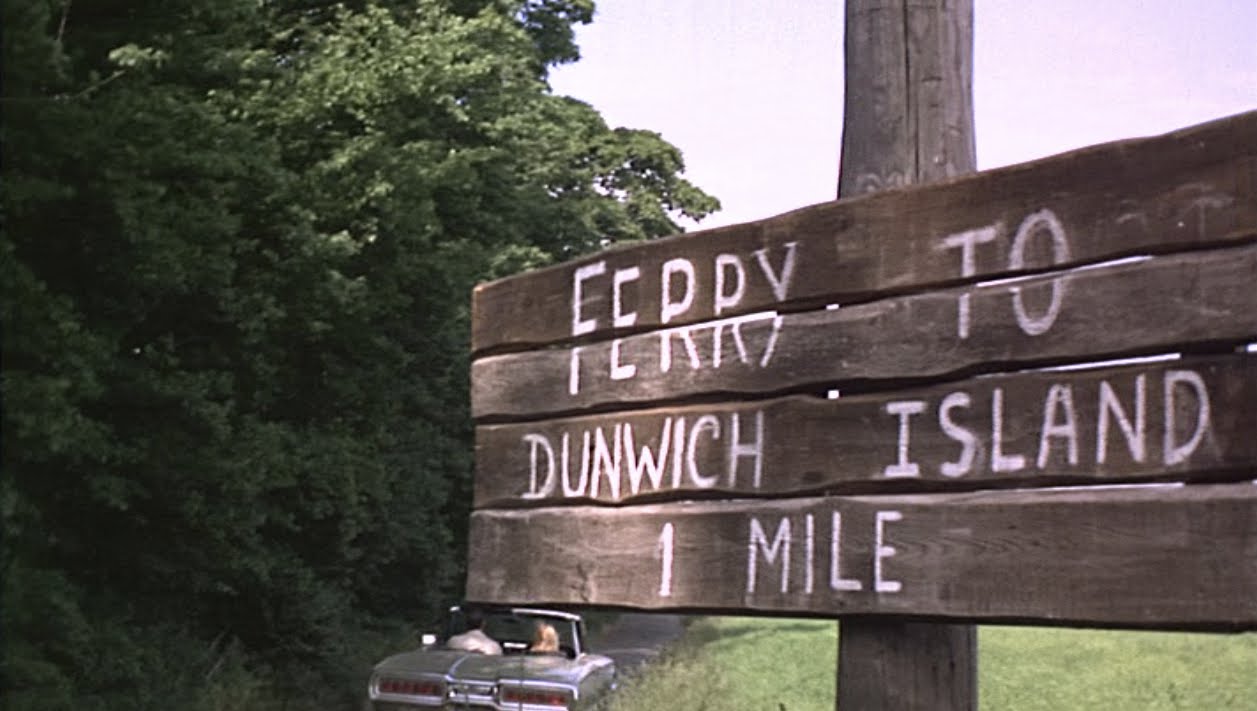
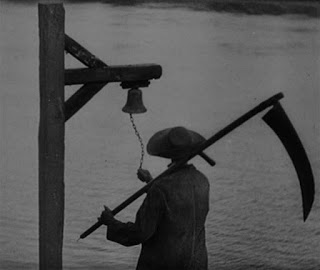
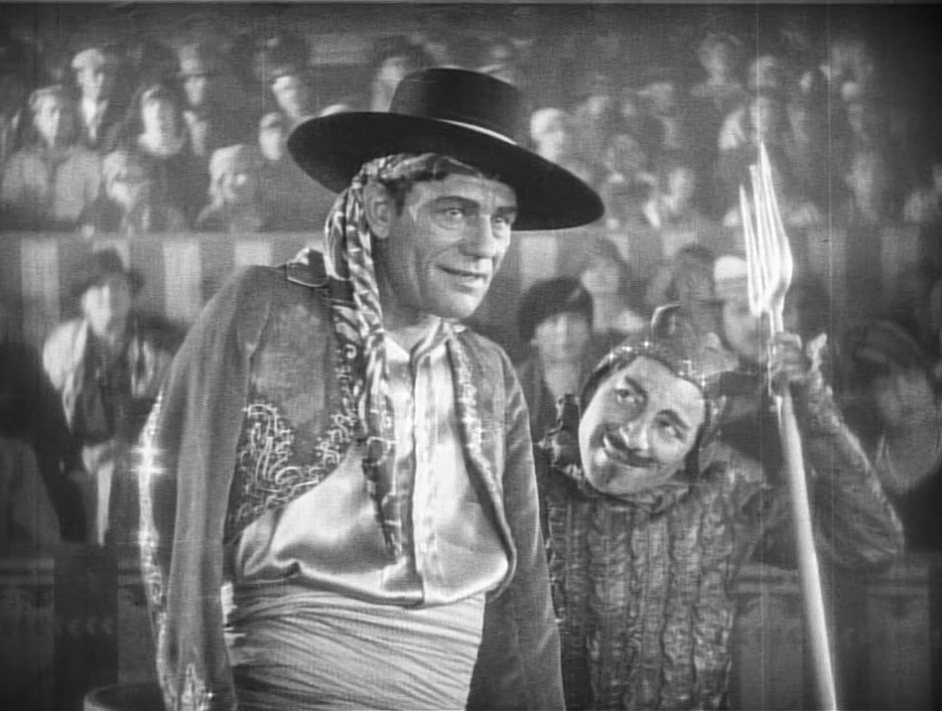
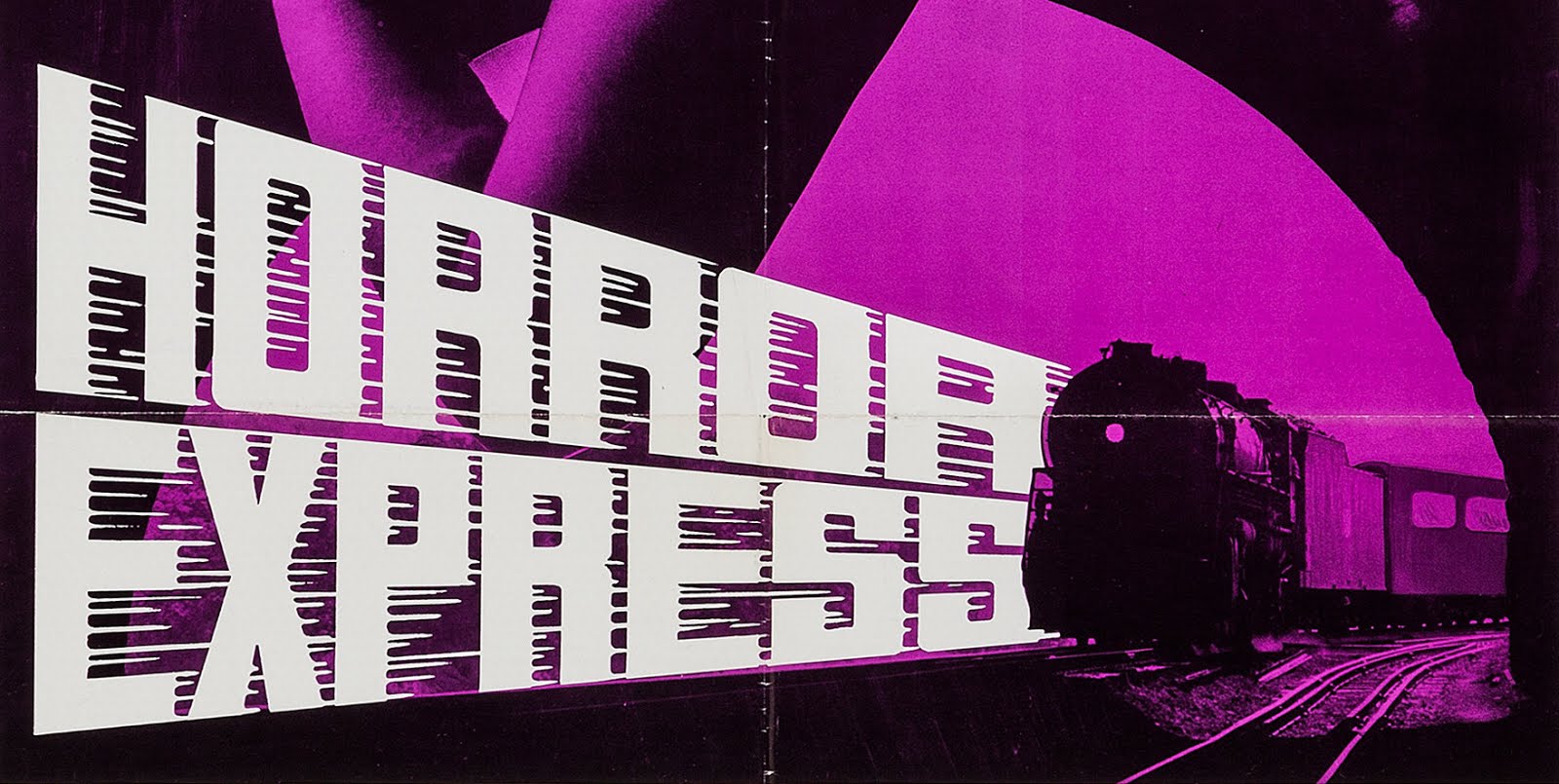
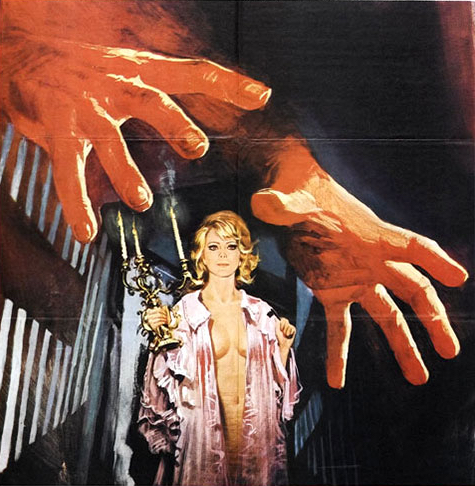

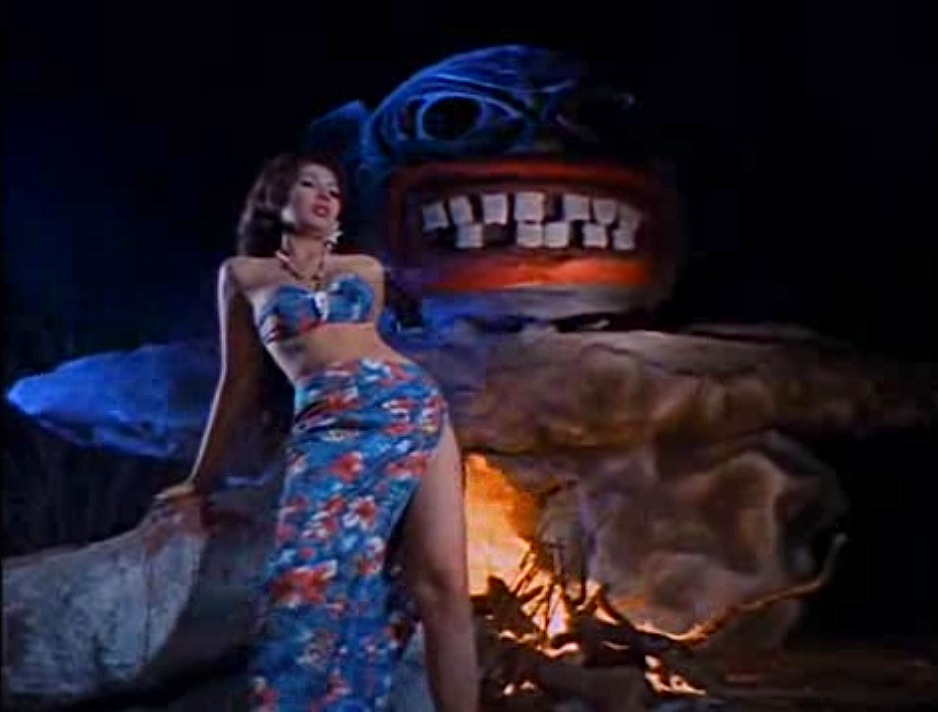




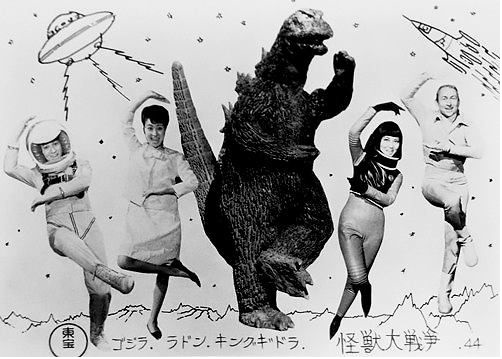


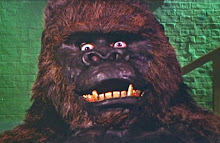
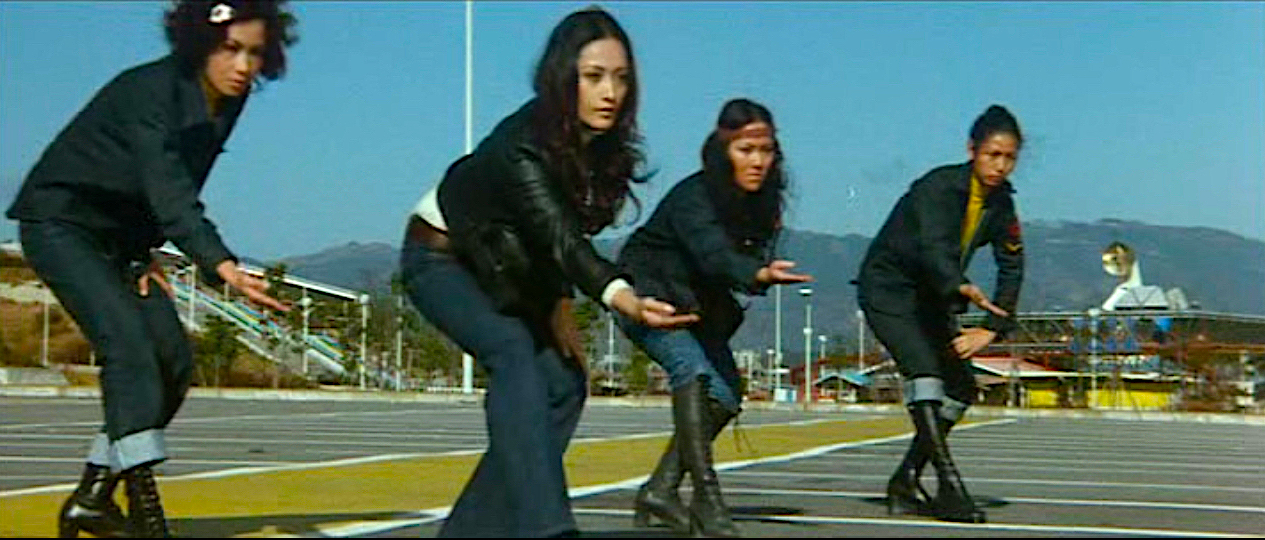


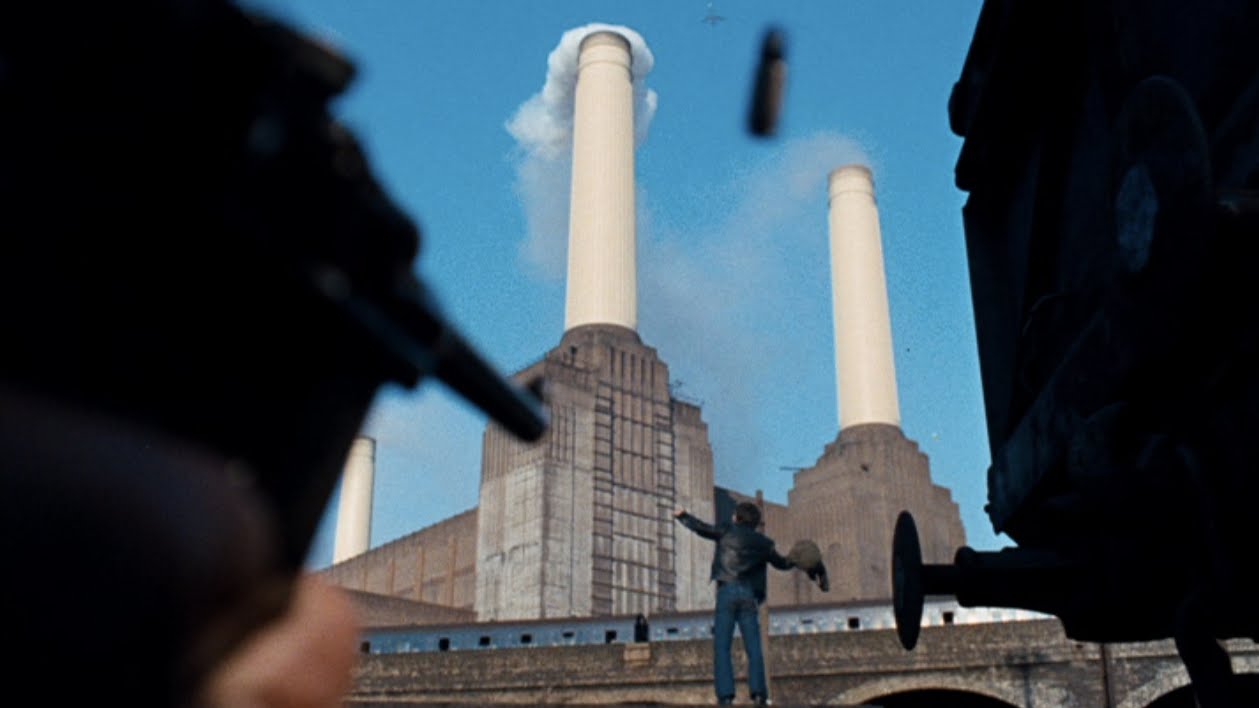
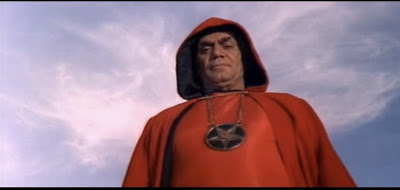








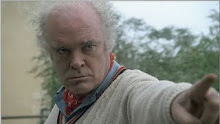
No comments:
Post a Comment